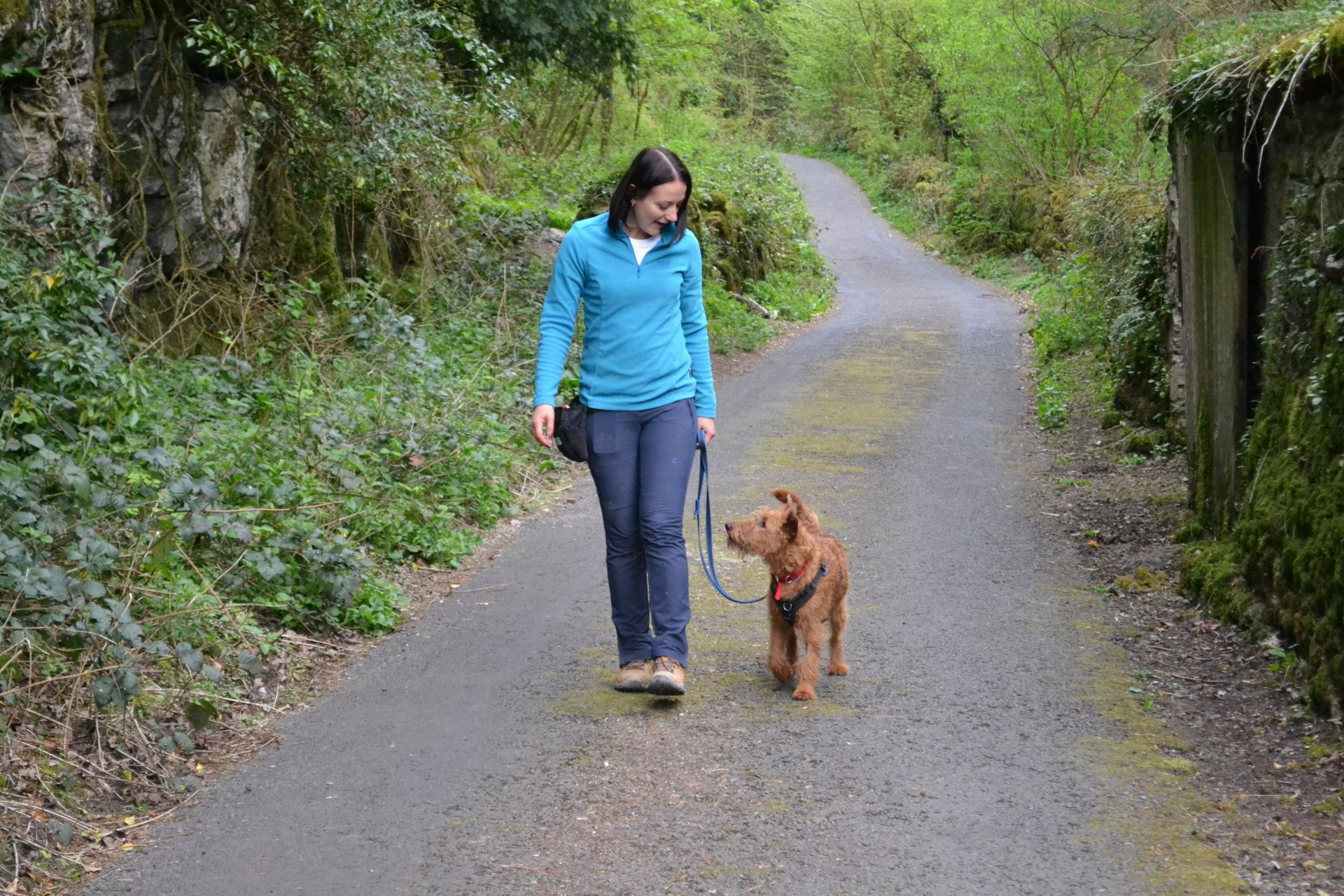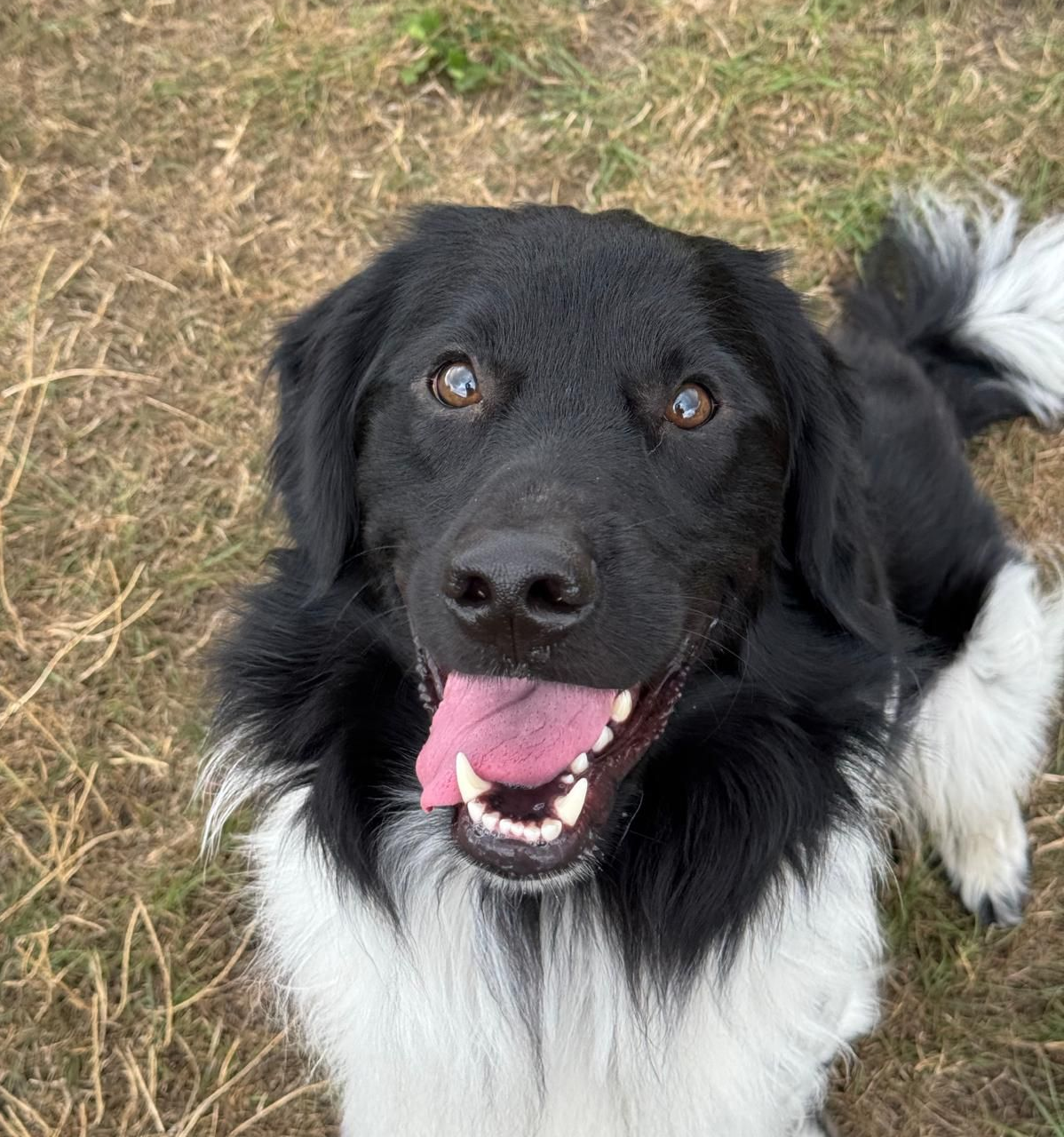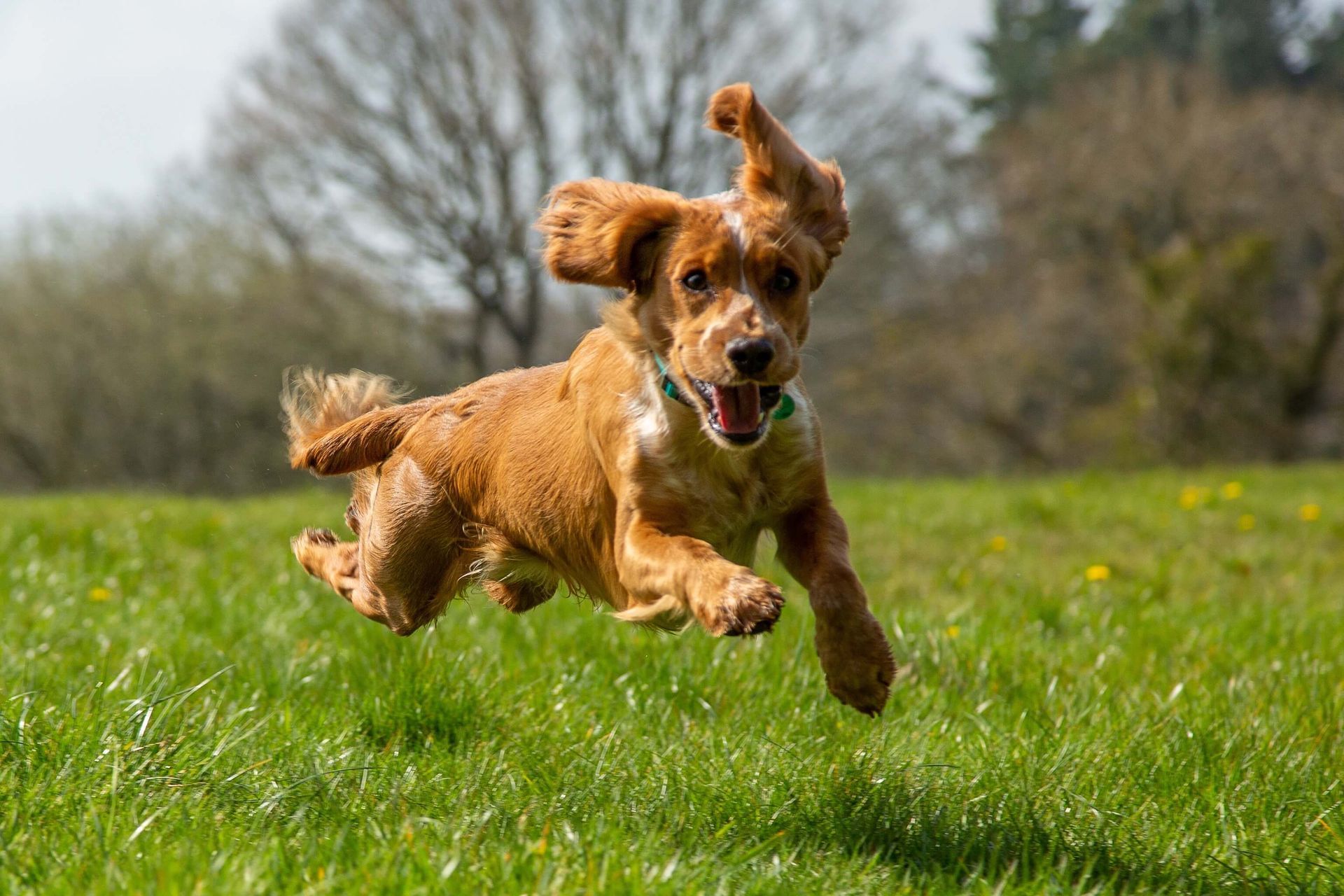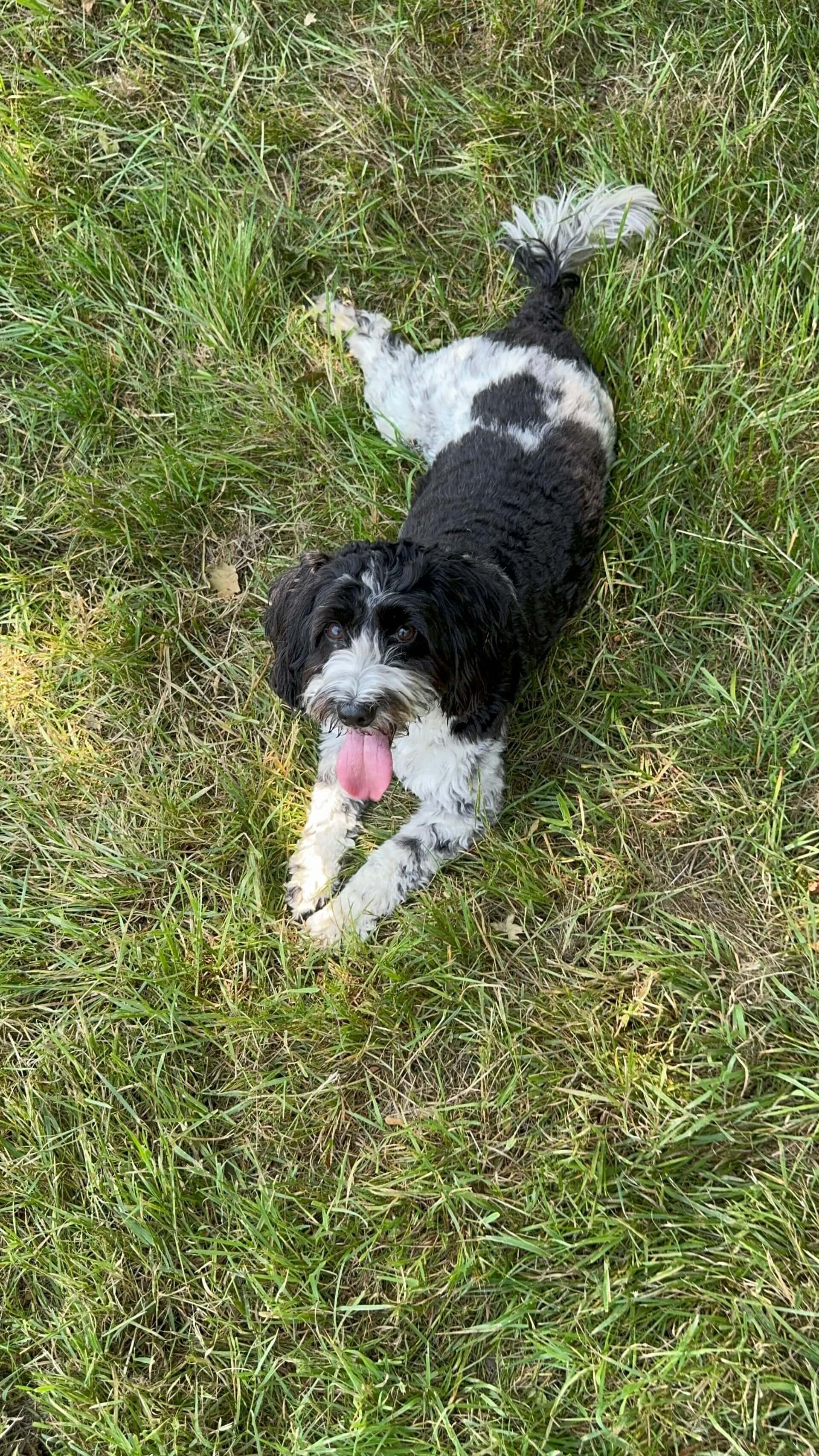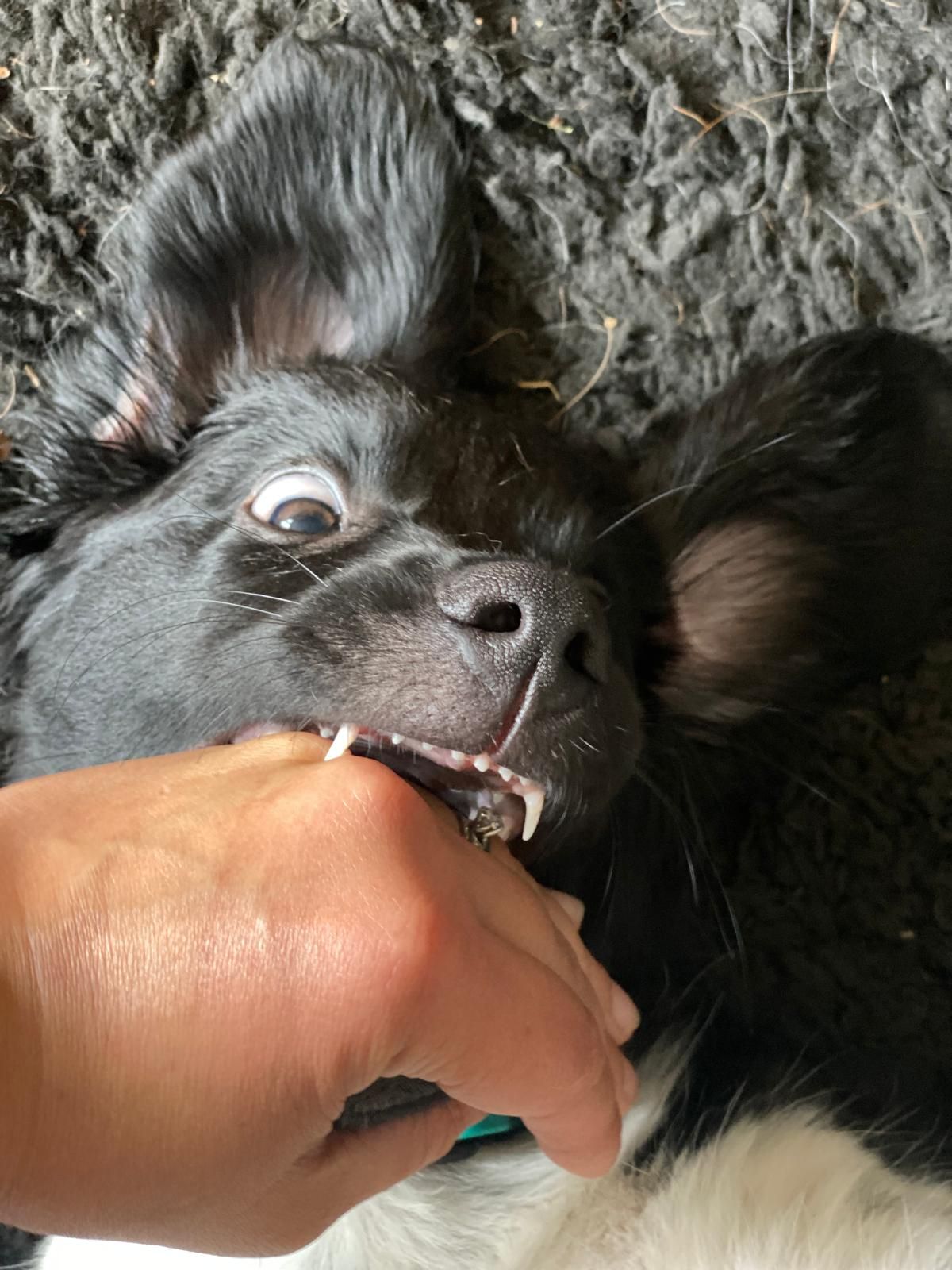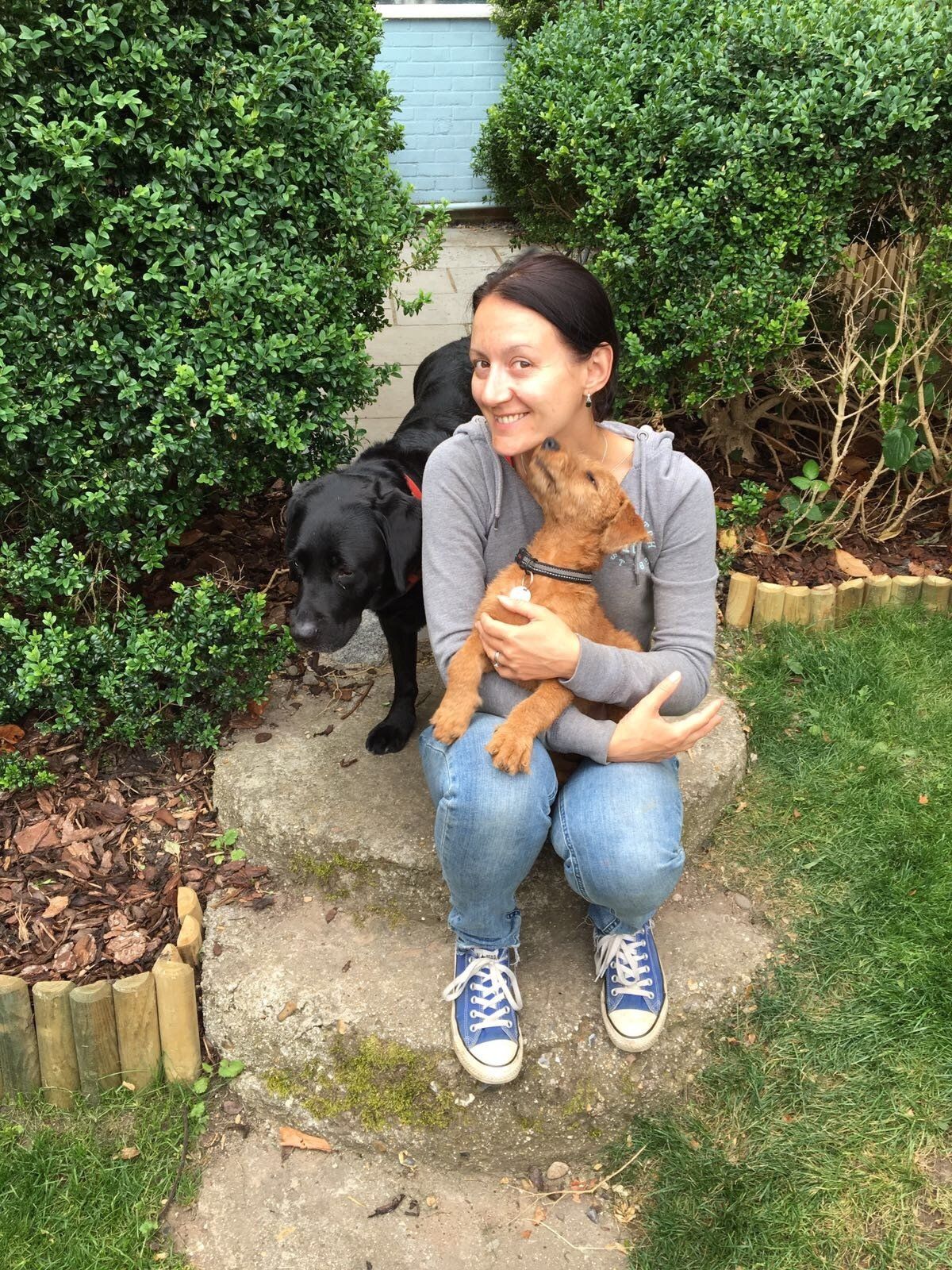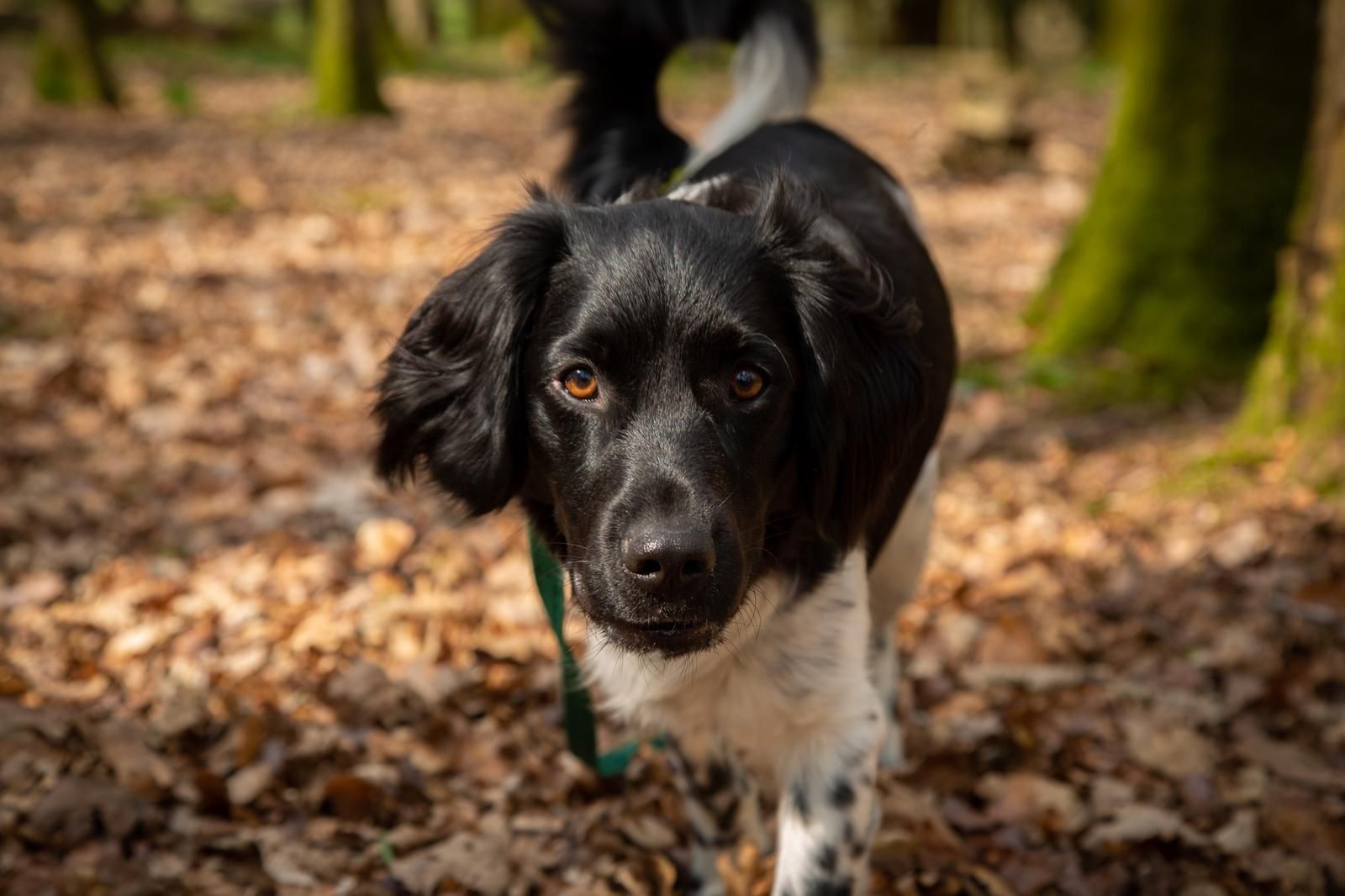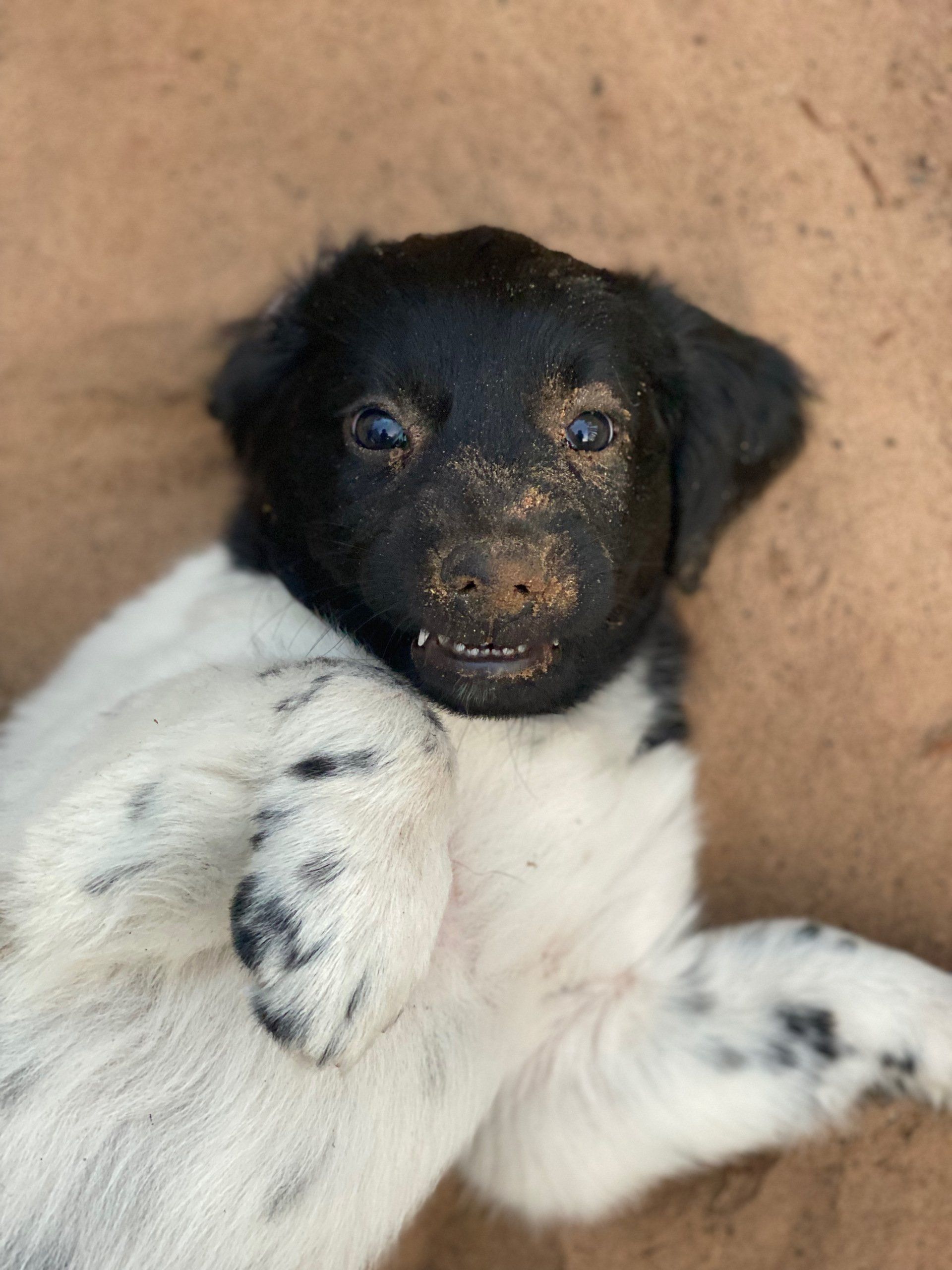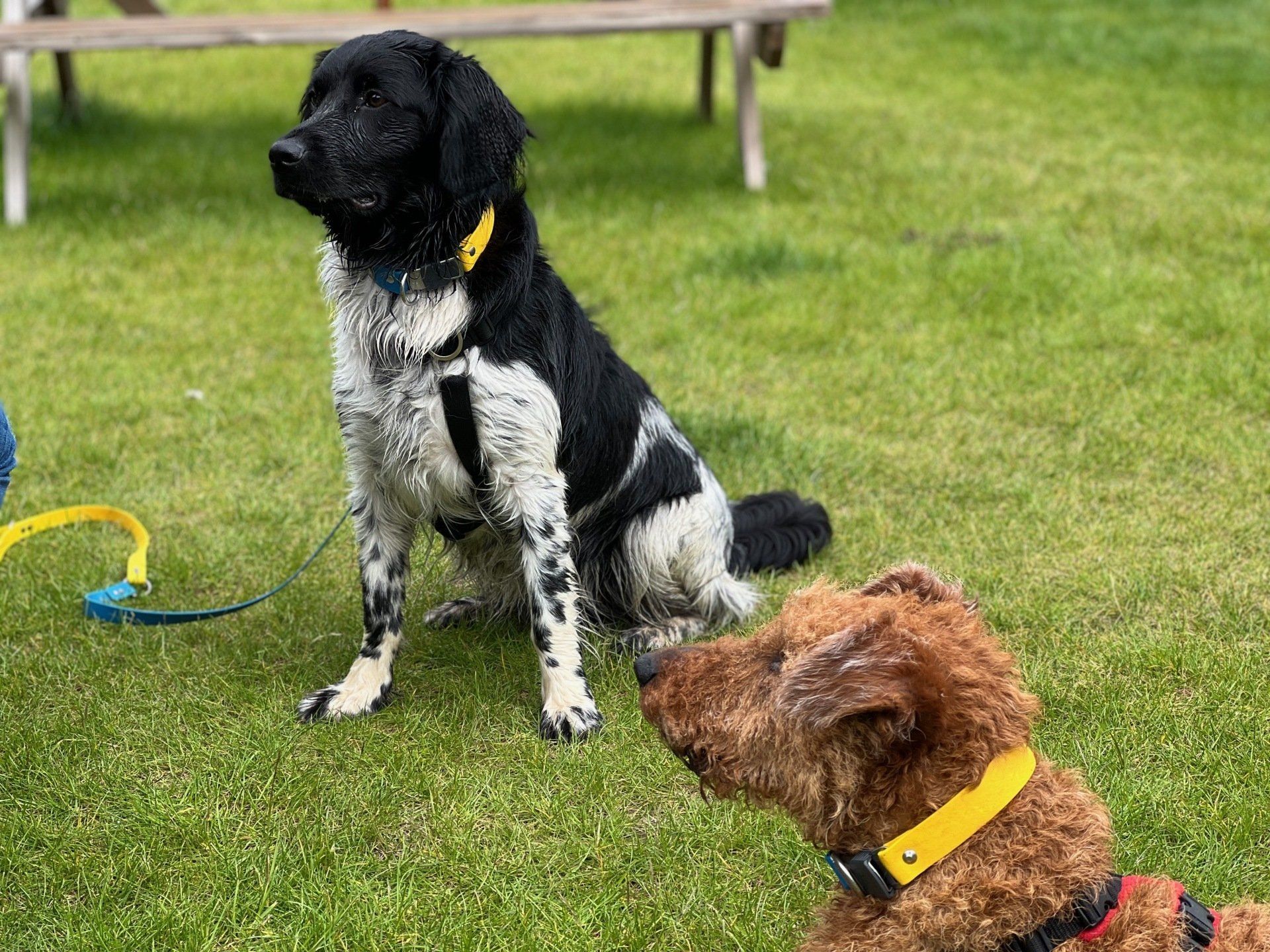How to Stop Your Dog Stealing Things (and Why Your Gundog Won’t Leave Your Socks Alone)
Why does my dog steal things?
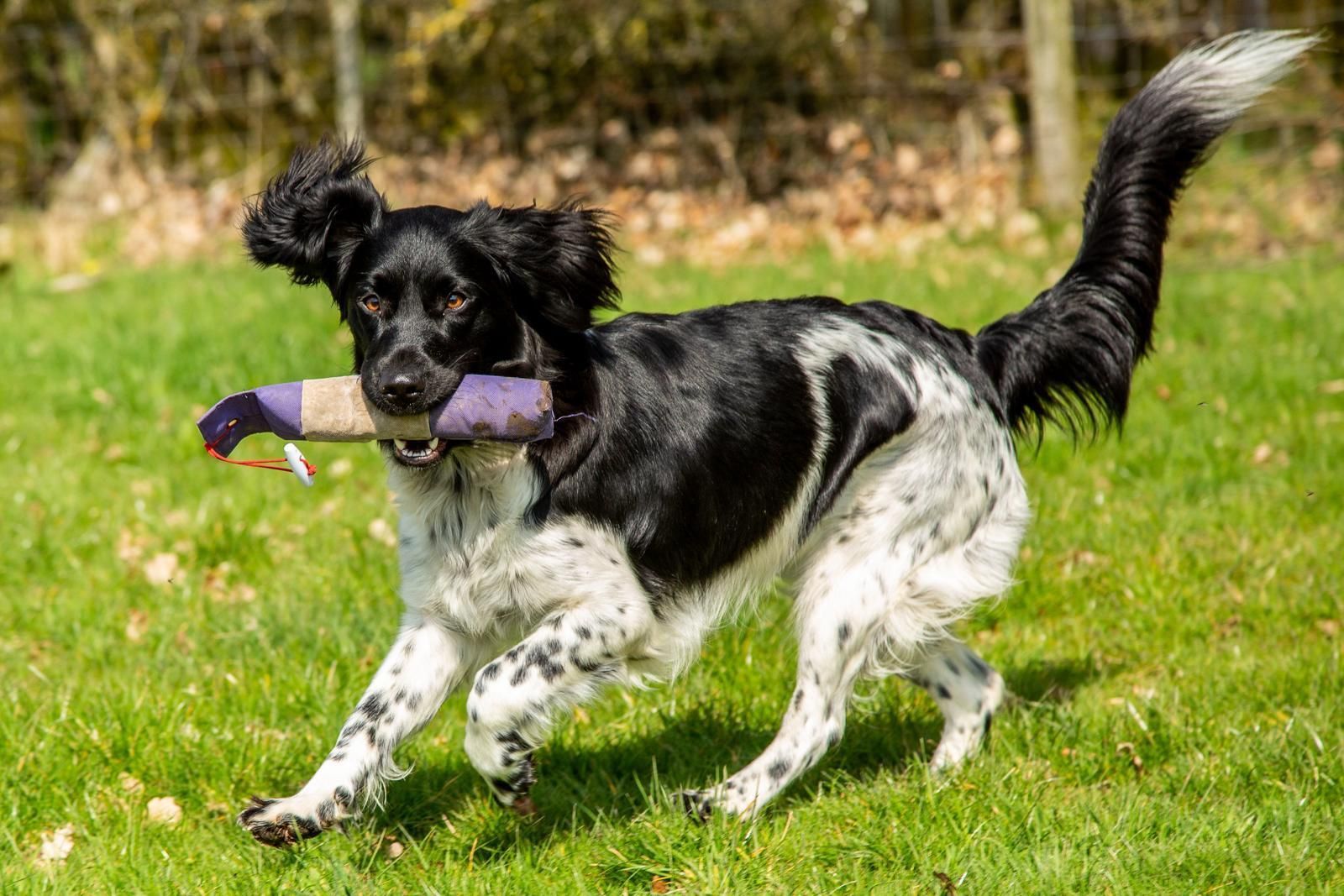
How to Stop Your Dog Stealing Things (and Why Your Gundog Won’t Leave Your Socks Alone)
If you share your life with a Labrador, Spaniel, Retriever, Cockapoo or Labradoodle, you may be dealing with some “creative” behaviours.
- Dog steals things and runs away.
- Shoes disappear from the hallway.
- Laundry vanishes from the basket.
- Your prize flower beds get dug up.
- Lead walks feel like a tug-of-war.
Sound familiar? These aren’t signs of a naughty dog. They’re signs of a gundog (or gundog cross) doing exactly what they were bred to do — just not in the way you’d like.
The good news? You don’t need a gun and a Range Rover to meet your gundog’s needs. With the right training, you can give them an outlet that makes your life easier — while leaving socks, shoes and tea towels where they belong.
Why does my dog steal things and run away?
Dogs don’t naturally know the difference between your belongings and their toys. What they do know is what gets them attention.
Often, when your puppy picks up their own toy, you barely notice. But the second they nab your sock or remote control, suddenly they’re the star of the show. From their perspective: “If I want my human’s attention, grabbing their stuff is the quickest way to get it!”
👉 The fix? Flip the script. Make a fuss when your puppy picks up their own toys. Praise them, play with them, show them that choosing the right item gets the best reaction.
You can’t change their DNA — gundogs were bred to pick things up and carry them — but you can influence what they pick up and what they do with it.
How to stop my dog from stealing things in the house?
You don’t need to spend hundreds on fancy toys. In my house, an empty plastic bottle stuffed inside an old sock (with lid and ring removed) is a favourite. The real trick? Rotate toys.
Keep a handful out at a time, with a few hidden away. Swap them around regularly and you’ll maintain that element of novelty. When your dog feels the urge to pick something up, they’re far more likely to go for their “new” toy than your shoes.
Why does my dog steal my shoes but not chew them?
Sometimes it’s not about chewing at all. Carrying an item is deeply satisfying for many gundogs — it’s what they were designed to do.
So when your Spaniel parades your trainers round the garden, it isn’t destruction. It’s their way of fulfilling a need. Training them to retrieve appropriate items (like a toy or dummy) channels that instinct into something you’ll actually thank them for.
Dog steals things and growls – is this resource guarding?
When you rush towards your dog saying “What have you got there?!” you’ve just raised the value of whatever they’re holding. To them, it’s suddenly a prized treasure. Some dogs will run, some will swallow it, and some may growl to warn you off.
👉 Instead of chasing, try this:
- Take a breath.
- Step away from your dog.
- Say “Come on, let’s go get a biscuit!” and head towards the kitchen.
If you’ve practised this outside of “stolen item” moments, your dog will happily follow you, often dropping the object on the way. The secret is rehearsing when they have nothing in their mouth — otherwise clever dogs quickly learn: “Pick up sock → human cracks open the biscuit tin.”
For more on resource guarding prevention - read this blog!
How to train your dog to not pick up things?
Here’s the catch: you can’t. Not entirely. Picking up is in their DNA. But you can guide them to make better choices.
- Praise them for bringing you their toys.
- Rotate toys for novelty.
- Encourage them to “show and swap” rather than “grab and dash.”
- Practise recall into the kitchen for a treat, so you don’t need to chase them.
What you’re really doing is shaping the behaviour into something more appropriate, and more manageable for daily life.
Should I punish my dog for destroying things?
Short answer: no. Punishment doesn’t solve the problem; it just suppresses behaviour.
If your dog is shredding, chewing or digging, they’re meeting a need. Redirect that energy instead:
- Use scent games in the garden instead of letting them dig up flower beds.
- Give them cardboard boxes or paper to shred safely.
- Add retrieve and carry games into their walks.
A punished dog doesn’t learn what to do. A trained and fulfilled dog does.
How do I stop my dog from picking and ripping things up?
Chewing, shredding and digging are normal outlets for all dogs. If you don’t give them a safe option, they’ll pick their own — and it won’t be your favourite choice.
Try:
- Scatter feeding in the grass to tap into natural foraging.
- Hide toys or dummies for them to find.
- Give them a cardboard box/egg carton to destroy safely (as long as they are not swallowing the cardboard). Another alternative: lettuce or cabbage for them to shred!
Think of it like giving a child Lego instead of letting them dismantle the remote control.
The bigger picture: meeting gundog needs in everyday life.
When you meet your gundog’s innate needs, everything else falls into place:
- Walks are calmer (heelwork gives purpose).
- Recall improves (because you’re channelling hunting drive).
- Stealing decreases (because retrieving has an outlet).
- Resource guarding reduces (because swaps become part of the job).
- Evenings are quieter (because they’re fulfilled and ready to settle).
A final thought...and an invitation:
If you are local to us and live in Reading, Caversham, Tilehurst, Calcot, Burghfield, Mortimer, Berkshire or Oxfordshire, you don’t need a shotgun or a country estate to enjoy gundog training.
At Dogs Be Dogs, our gundog classes are designed for pet owners — whether you have a Labrador, Spaniel, Retriever, Cockapoo, Labradoodle or any gundog cross. We’ll teach you to give your dog the outlet they need, while giving you the calm, easy walks and sock-free evenings you’ve been dreaming of.
👉 Click here to find out more and book your place in our gundog classes.
Because life’s easier when your gundog has a job to do — and it doesn’t involve stealing your laundry.
